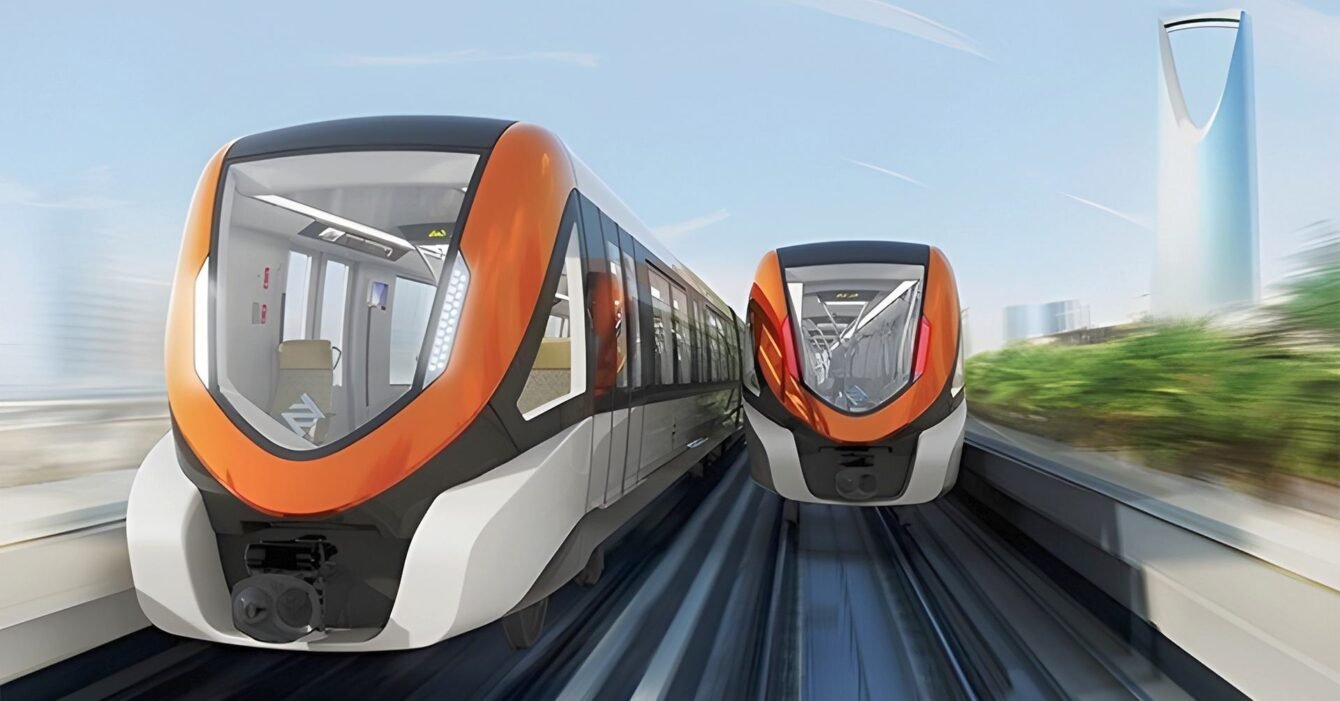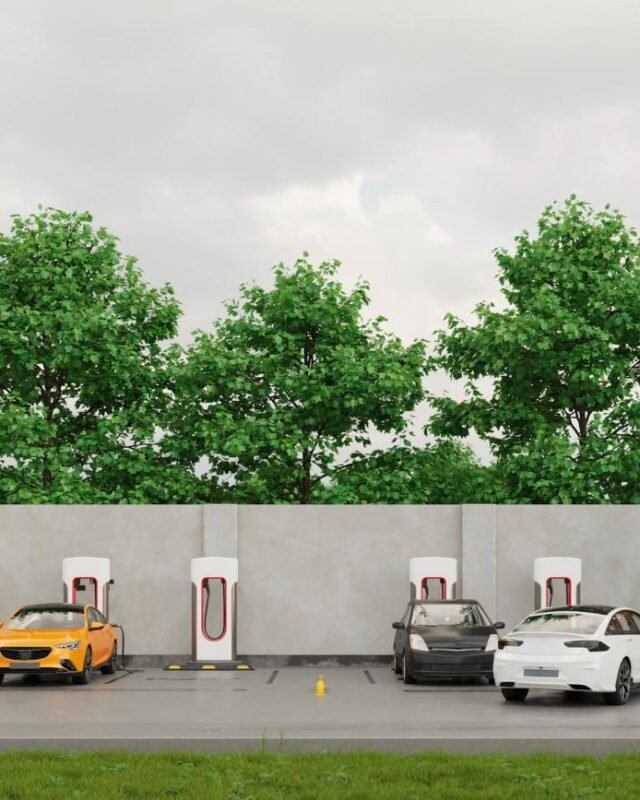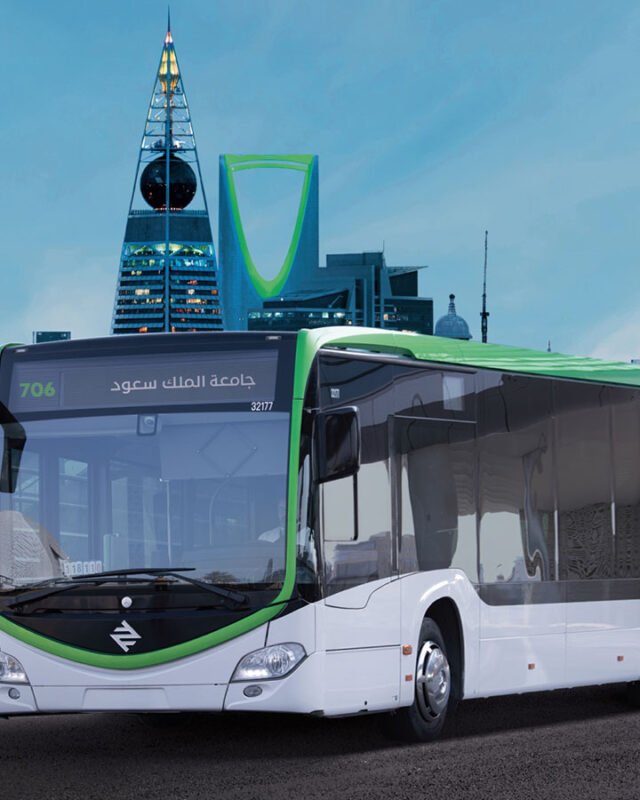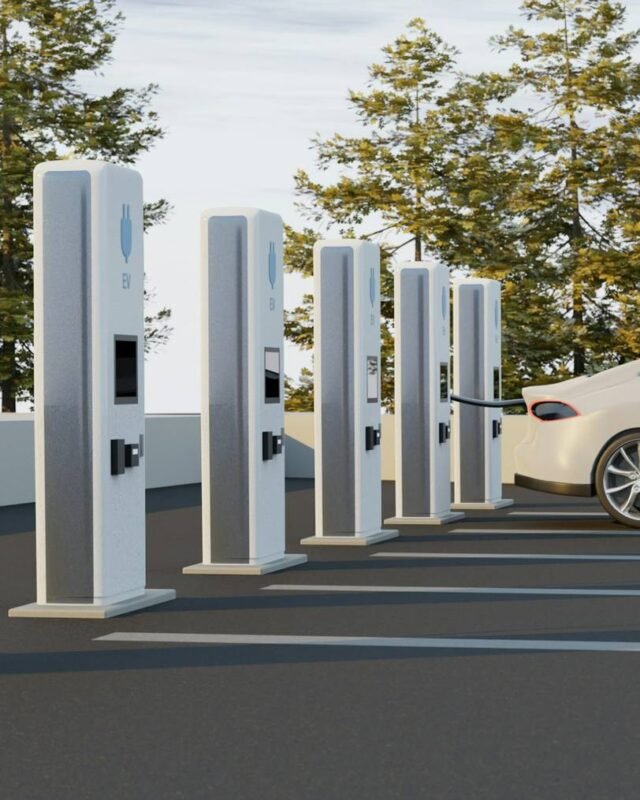Exploring Cutting-Edge Urban Mobility Solutions in Saudi Arabia
The Kingdom’s Vision 2030 initiative is driving a transformative phase across all economic sectors in Saudi Arabia, including urban mobility. The objectives of this strategic plan are to improve the standard of living for the populace, diversify the economy, and lessen reliance on oil. As a result, Saudi Arabia is embracing cutting-edge urban mobility solutions, including driverless metro trains, electric vehicles, and public transit enhancements. This article delves into these innovations and their potential impact on the future of urban mobility in the Kingdom.
Driverless Metro Trains: The Future of Public Transit
The Riyadh Metro project, a six-line, 176-kilometer network with 85 stations, is set to launch in late 2024 and will feature 67 driverless metro trains in both two- and four-car configurations. This new system is designed to cater to Riyadh’s rapidly growing population, offering modern, air-conditioned trains that operate without drivers using state-of-the-art automation technology.
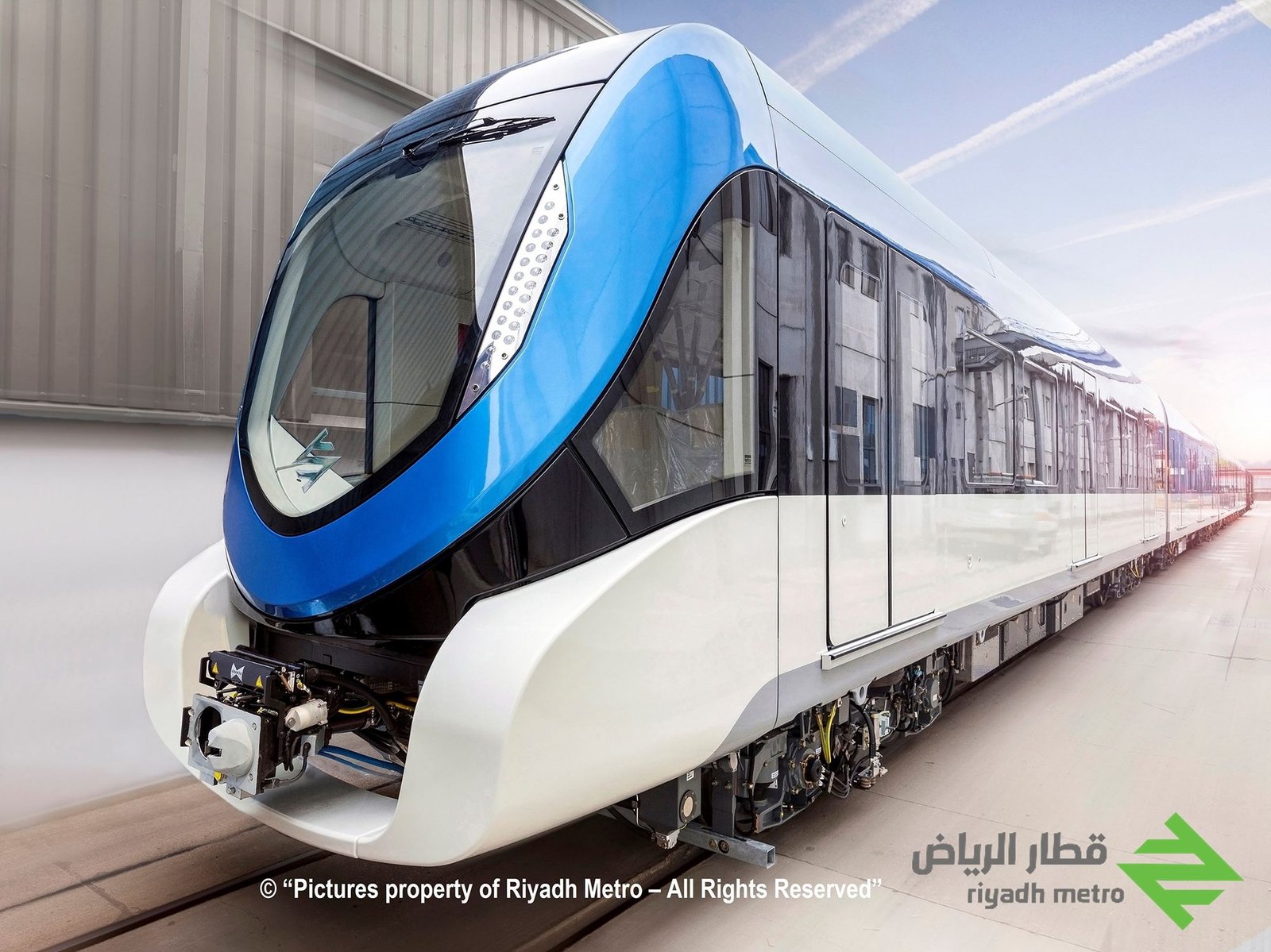
Once completed, the metro system will significantly reduce traffic congestion and provide a fast, affordable, and eco-friendly alternative to private car usage. The metro will be complemented by a comprehensive bus network, ensuring last-mile connectivity and improving overall accessibility.
To improve the experience of using public transportation, digital solutions are being integrated in addition to physical infrastructure. Mobile apps providing real-time transit information, digital ticketing systems, and contactless payment options are being introduced to make public transportation more user-friendly and efficient.
Smart Transportation Systems: Advancing Safety and Reducing Congestion
The integration of Riyadh metro system with advanced traffic management systems will further enhance urban mobility. Smart traffic signals equipped with sensors and cameras will adjust in real-time to traffic conditions, reducing delays and improving road safety. The choice of two-car or four-car trains depends on the capacity needed for different lines, ensuring efficient and flexible service.
These innovations are set to transform Riyadh into a model smart city, demonstrating the significant benefits of intelligent transportation systems and setting a benchmark for urban mobility solutions.
Electric Vehicles: Driving Towards a Sustainable Future
Electric vehicles (EVs) are gaining traction as a key component of urban mobility solutions in Saudi Arabia. The government is promoting EV adoption to reduce greenhouse gas emissions and reliance on fossil fuels. Incentives such as tax exemptions, subsidies, and the development of EV charging infrastructure are encouraging citizens to switch to electric cars.
The launch of Lucid Motors’ manufacturing plant in Saudi Arabia marks a significant milestone in the country’s EV journey. This facility will produce advanced electric vehicles tailored to the needs of the Saudi market, promoting sustainable transportation and creating job opportunities. Additionally, the government plans to install thousands of EV charging stations across major cities, making it convenient for EV owners to charge their vehicles and promoting widespread adoption.
The Impact of Urban Mobility Solutions on Saudi Arabia’s Future
The adoption of cutting-edge urban mobility solutions in Saudi Arabia is set to bring numerous benefits to the Kingdom. The quality of life for Saudi citizens will be improved by these innovations in addition to the transportation sector’s increased sustainability and efficiency.
By reducing traffic congestion, lowering emissions, and providing accessible public transit options, Saudi Arabia is paving the way for a more sustainable and livable urban environment. Moreover, these initiatives align with the goals of Vision 2030, driving economic diversification and creating new job opportunities in the technology and transportation sectors. As Saudi Arabia continues to invest in and implement advanced urban mobility solutions, it is poised to set a benchmark for other countries in the region and beyond.
